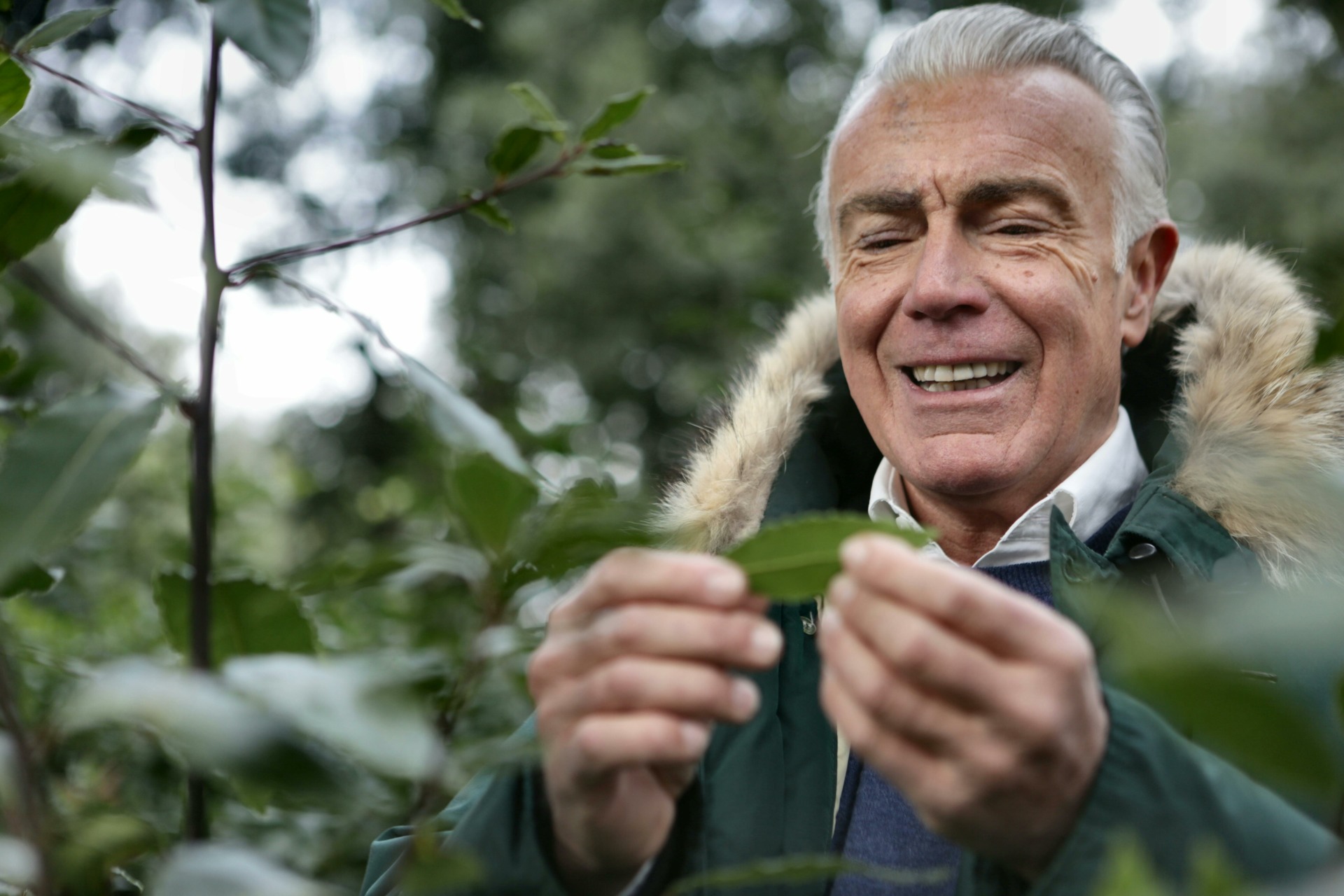Modern life keeps us indoors more than ever—between computers, smartphones, and daily routines, it’s easy to forget just how much our bodies and minds crave fresh air, sunlight, and the natural world. But stepping outside isn’t just about getting a breath of fresh air—it’s a powerful way to support physical, mental, and emotional well-being as we age.
Spending time outdoors, whether walking in a park, gardening, or simply sitting in the sun, has been shown to improve heart health, reduce stress, strengthen muscles, boost mood, and even sharpen cognitive function. If you’re looking for a simple yet effective way to stay active, feel energized, and improve overall health, nature might just be the best medicine.
🌿 Why Nature is So Important for Healthy Aging
Our bodies are wired for nature—we evolved to move, breathe fresh air, and be exposed to sunlight. However, modern living has made us increasingly disconnected from the outdoors, leading to a sedentary lifestyle, vitamin D deficiencies, and increased stress.
Research shows that spending time in nature can counteract many of the negative effects of aging, helping to:
✅ Lower blood pressure and reduce the risk of heart disease
✅ Enhance mobility and strength through outdoor movement
✅ Improve mental clarity and reduce cognitive decline
✅ Reduce stress, anxiety, and symptoms of depression
✅ Boost immune function
✅ Encourage social interaction and emotional well-being
Let’s break down the specific benefits of spending time in nature and how you can incorporate more outdoor activities into your daily life.
❤️ 1. Heart Health and Physical Activity
Walking outdoors, whether in a local park or on a hiking trail, is one of the best exercises for heart health. It improves circulation, strengthens the heart, and helps maintain a healthy weight. Plus, the varied terrain of outdoor paths provides a gentle challenge for balance and coordination, reducing the risk of falls.
🏃 Easy Outdoor Activities for Heart Health:
- Walking or hiking on nature trails
- Cycling in a park or on scenic paths
- Gardening (digging, planting, and weeding provide a full-body workout)
- Swimming in a lake or outdoor pool
💡 Tip: Aim for 30 minutes of outdoor movement at least 3–5 times per week to support cardiovascular health.
🌞 2. Vitamin D and Bone Strength
Sunlight is the best natural source of vitamin D, which is essential for bone health, immune function, and mood regulation. Low vitamin D levels are linked to osteoporosis, weaker muscles, and an increased risk of fractures.
A daily dose of sunlight (about 15–30 minutes) helps your body produce enough vitamin D to maintain strong bones and reduce inflammation.
☀️ Best Ways to Get Natural Vitamin D:
- Morning or evening walks in the sun
- Gardening with short sleeves (exposing skin to sunlight boosts vitamin D production)
- Outdoor yoga or stretching routines
💡 Tip: If you live in an area with limited sunlight, consider vitamin D supplements—but whenever possible, get your dose the natural way!
🧠 3. Nature’s Effect on Brain Health and Memory
Spending time in nature isn’t just good for the body—it’s also one of the best things you can do for your brain. Research shows that time outdoors improves:
- Memory and focus (even just 20 minutes in nature can enhance brain function)
- Mental clarity and problem-solving skills
- Reduced cognitive decline and dementia risk
- Creativity and learning abilities
Natural environments stimulate the senses and engage the brain in ways that indoor activities don’t. Exposure to trees, water, and fresh air helps clear mental fog and improve cognitive function.
🧩 Brain-Boosting Outdoor Activities:
- Walking while listening to an audiobook or podcast
- Bird-watching (great for focus and observation skills)
- Photography or sketching landscapes
- Mindful nature meditation
💡 Tip: Try a “digital detox” day—leave your phone behind and immerse yourself fully in the sounds, sights, and smells of nature.
🧘 4. Stress Reduction and Emotional Well-Being
Nature has a profound calming effect on the mind. Studies show that time outdoors:
✅ Reduces cortisol levels (the stress hormone)
✅ Lowers anxiety and symptoms of depression
✅ Improves sleep quality
✅ Boosts overall happiness and life satisfaction
Being outside disconnects us from daily stressors and helps create a sense of inner peace. Whether it’s the sound of rustling leaves, the scent of fresh flowers, or the sight of a flowing river, nature naturally reduces stress and promotes relaxation.
🌿 Ways to Reduce Stress in Nature:
- Take a mindful walk—focus on sights, sounds, and smells instead of your thoughts.
- Try forest bathing (spending time in wooded areas, a practice proven to reduce stress).
- Sit by a lake or river and listen to the sounds of water.
- Practice deep breathing or meditation in a quiet park.
💡 Tip: If you can’t get outside often, bring nature to you—decorate with indoor plants, play nature sounds, or open windows for fresh air.
🤝 5. Social Connection and Community
Loneliness is a significant concern for many older adults, but nature provides endless opportunities for social interaction.
- Community gardens bring people together through shared activities.
- Outdoor group fitness classes encourage both movement and friendship.
- Walking clubs offer companionship and motivation.
- Outdoor events (fairs, concerts, and markets) provide fun social outings.
💡 Tip: Invite a friend for a weekly walk or join a local gardening club to stay socially active.
🌎 How to Make Nature a Regular Part of Your Life
Even if you don’t have easy access to mountains or forests, you can still reap the benefits of nature by making small changes:
✅ Take a morning or evening walk in a park or around your neighborhood.
✅ Have coffee or tea outside instead of indoors.
✅ Grow a small garden—even potted plants on a balcony can improve mental well-being.
✅ Eat meals outside on a patio or picnic-style in a park.
✅ Join an outdoor hobby like painting, photography, or fishing.
🌟 Final Thoughts: Embrace the Outdoors for a Healthier, Happier Life
Nature isn’t just a beautiful backdrop—it’s an essential part of staying physically strong, mentally sharp, and emotionally balanced.
Whether it’s a short daily walk, gardening, or a weekend hike, spending time outdoors is one of the simplest and most effective ways to support healthy aging. Fresh air, movement, and the beauty of nature can boost your health in ways no pill or supplement can.
✨ So step outside, take a deep breath, and enjoy the gift of nature—it’s free, accessible, and one of the best investments in your well-being.
Photo by Andrea Piacquadio: https://www.pexels.com/photo/man-in-green-jacket-holding-a-leaf-3782996/



Leave a Reply